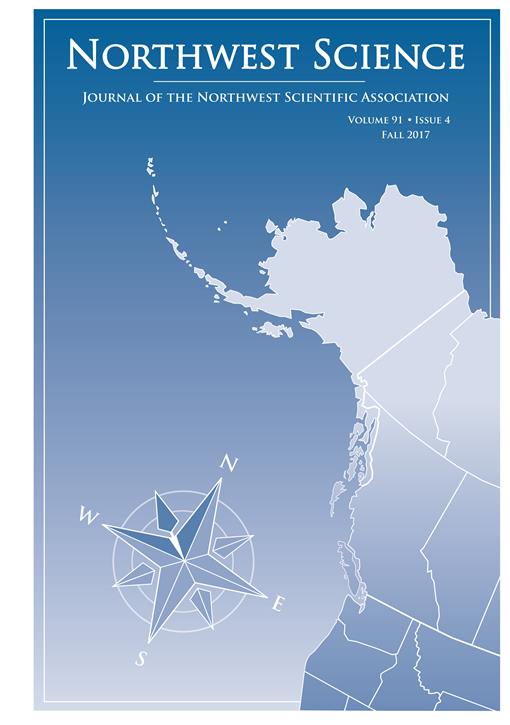The wrinkled dove snail (Amphissa columbiana) is a columbellid gastropod common in marine waters along the west coast of North America. This species has long been anecdotally described as an opportunistic scavenger, but little is known about its diet or scavenging behaviors. A. columbiana were observed at subtidal sites within the San Juan Islands, Washington to document associations with potential food items. Laboratory experiments were done to determine what this species eats and how it finds food. In the field, A. columbiana were often found on dead or damaged organisms, frequently in aggregations. In the laboratory, the snails consumed a broad range of dead or damaged invertebrate prey, showing little discrimination. They appear to locate food resources primarily through chemosensory cues, often following conspecific mucus trails and sometimes congregating around actively feeding sea stars. The chemical cues that draw A. columbiana to food act as feeding stimulants; the addition of scent from a damaged animal induced the snails to feed on healthy prey. The ability to sense chemical cues from damaged animals, including those being consumed by feeding sea stars, creates scavenging opportunities other gastropods may be unable to exploit.
How to translate text using browser tools
1 September 2017
Feeding Behavior of the Wrinkled Dove Snail Amphissa columbiana
Lee F. Braithwaite,
Anthony Rodríguez-Vargas,
Miles Borgen,
Brian L. Bingham
ACCESS THE FULL ARTICLE

Northwest Science
Vol. 91 • No. 4
September 2017
Vol. 91 • No. 4
September 2017
Columbellidae
gastropod
optimal foraging
scavenger




